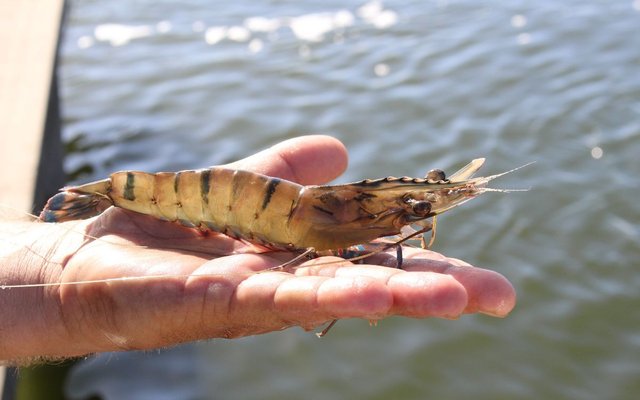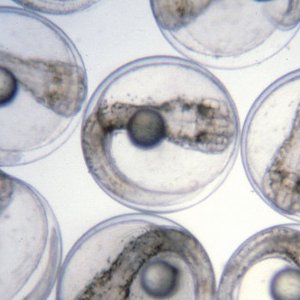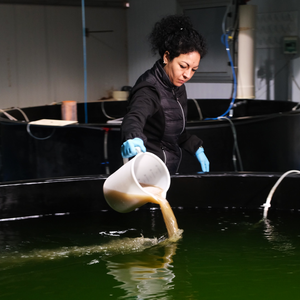A new Australian research project, Demonstrating the impact of prawn viruses on prawn aquaculture production, will focus on pathogens found on Australian shrimp farms and provide producers with a better understanding of how to address them in the future.
The $809,000 project is a partnership of the Cooperative Research Centre for Developing Northern Australia (CRCNA), the Fisheries Research and Development Corporation (FRDC), James Cook University (JCU) and the Australian Prawn Farmers Association (APFA) and builds on the findings and data from a CRCNA-funded biosecurity audit completed in 2020 which identified the most common pathogens and viruses found in tiger shrimp (Penaeus monodon) populations across Queensland, Australia. The research team will use this information to determine the impact of purified, sequenced viral extracts (Infectious Hypodermal and Haematopoietic Necrosis Virus (IHHNV)), Whenzhou Shrimp Virus-2 (When-2), and Gill Associated Virus (GAV)) on the survival, growth performance and biology of tiger shrimp.
Lead researcher, Kelly Condon, said the work will help the industry better understand the viruses’ impact on shrimp farming and develop better ways to manage disease impacts on shrimp. “Having these purified strains means researchers can then develop tests to more easily and accurately identify when pathogen strains are present in commercial and wild-caught shrimp populations. More accurate data and knowledge about pathogen virulence allow shrimp farmers to better manage their breeding stock through improved screening capabilities,” Condon said. “It means farmers can start to select for genetically resistant strains and then with the knowledge of the resistance genes be able to screen populations and select for the individuals that have the resistant gene.”
In addition to working to purify the viruses, the research team will put them through a series of experiments to test how different environmental stresses, such as changes in temperature and water salinity, may impact the pathogen virulence.
CRCNA CEO, Anne Stünzner, said the project will deliver much more than improved biosecurity management tools. “Through the work of Condon and her team, Australian shrimp farmers will have improved knowledge of the factors that contribute to disease outbreaks in farmed shrimp and a workforce with a greater understanding of and access to standardized testing and on-farm disease management practices.”













